|
|
||
|
Pro Tools
FILMFESTIVALS | 24/7 world wide coverageWelcome ! Enjoy the best of both worlds: Film & Festival News, exploring the best of the film festivals community. Launched in 1995, relentlessly connecting films to festivals, documenting and promoting festivals worldwide. Working on an upgrade soon. For collaboration, editorial contributions, or publicity, please send us an email here. User login |
TIFF 15: The Wait - Interview with Piero MessinaInterview by Martin I. Petrov
Piero Messina is born in Sicily and has worked as an assistant director alongside Paolo Sorrentino for This must be the night and The great beauty (La Grande Bellezza). The wait is his first feature film and premiered in competition at the 72nd Venice Film Festival. The film was selected for the Contemporary World Cinema section at the 40th Toronto International Film Festival, where we met the director for an interesting chat on his first directorial debut, starring Juliette Binoche. The wait explores the grief of a mother (Binoche) who is emotionally and physically unable to accept her son’s death. When his girlfriend appears in their Sicilian house to look for him, the things get more perplexed when the first builds a grid of lies to avoid admitting the truth for her son’s death to the latter. In an interesting and dynamic thriller, Messina creates developed, powerful and engaging characters and co-writes a dark story that succeeds with its plot and cinematography, marking a visual and promising debut. The film has been also selected for the upcoming BFI London Film Festival, starting October 7th.
Why did you choose to base your story in Sicily? Was it because it’s your hometown and you felt strongly connected with the place? When we started writing the film, the idea was to be in Sicily. And most particularly in the mountains, where the atmosphere is exactly as the film had to be - foggy and mysterious. And this is also very strong in my childhood memories of my home place.
Is it also because Sicily is more traditional and religious place than other parts of the country? So it would serve the tory in a better way? It is quite traditional, but religion is much less present than it used to be. I think it’s actually the representation of death that worked better in this case. There is also a very important book that inspired me, Light and Grief by Bufalino who describes that in places like Sicily, where the sun is such a dominant element, death is usually hard to accept or deal with. Is this your interpretation to Anna’s (Binoche) reaction to her son’s death? I feel deeply connected with Anna and of course her deep love and emotional bond with her son doesn't allow her to react in a different way. So I think it’s not that difficult to understand her. In a way, she seems not ready to deal with the situation alone. Is that why she tries to keep her son’s girlfriend in the house? It’s not really a choice Anna makes from the beginning, not a conscious plan. When I was discussing the role with Juliette, we thought that Anna’s character is like a snowball - it takes everything on its way. In the beginning she just wasn’t ready to tell the truth, but then the lies started piling up and she couldn’t get out of the story she invented herself. There are quite a few symbols in the film that represent Anna’s connection with her son. Was it something you designed from the beginning or they came on the way? Her son’s phone, that she finds in the room was there from the beginning as we decided that this also serve as a solution. Although in the first draft no one was actually appearing with a phone in the film, we decided that is essential so we rewrote the script to include it. The inflatable bad, on the other hand, that Juliette holds in one of the scenes and cries while inhaling the air coming out of it, has a totally different story. I was using it to get some sleep in the breaks during the shooting. One day one of the assistants was deflating it and I got struck with the idea of using it in a scene. We tried it and it worked perfectly, but it was a scene we added towards the end.
Another important scene is when Anna goes to the Easter festivities in town, right after she’s revealed the truth to her son’s girlfriend. Have you thought of what her life after this emotional catharsis might be? The procession scene is not only showing the character letting go of all the feelings but it is also a general emotional let go for the tension that builds up in the film from the beginning. I added an additional scene in the end, because I wanted to underline the final emotional connection between the two women, after they finally both realise and accept the truth. You’ve worked on two films with Paolo Sorrentino. Do you feel that you exchanged elements of each other’s work or aesthetic approach? Your film is very geometric and colourful, which reminds us of Sorrentino’s images… It’s interesting that you noted the geometry, which actually comes very natural to me and it’s more of a personal leaning from my very first steps; it also extends to my soundtrack choices. Paolo’s work is of course very different but a great similarity is that we both try to narrate in images. The most important I learned while working together is that he is against hobbyism and he is totally agains taking the easy way out - and here comes the difference between something being simple or easy; similar in meaning, but largely different on a film set. 20.09.2015 | Martin I. Petrov's blog Cat. : 2015 film Italy juliette binoche l' attesa piero messina review the wait tiff Toronto Film Festival FILM
|
LinksThe Bulletin Board > The Bulletin Board Blog Following News Interview with IFTA Chairman (AFM)
Interview with Cannes Marche du Film Director
Filmfestivals.com dailies live coverage from > Live from India
Useful links for the indies: > Big files transfer
+ SUBSCRIBE to the weekly Newsletter Deals+ Special offers and discounts from filmfestivals.com Selected fun offers
> Bonus Casino
User imagesAbout Martin I. PetrovThe EditorUser contributions |



















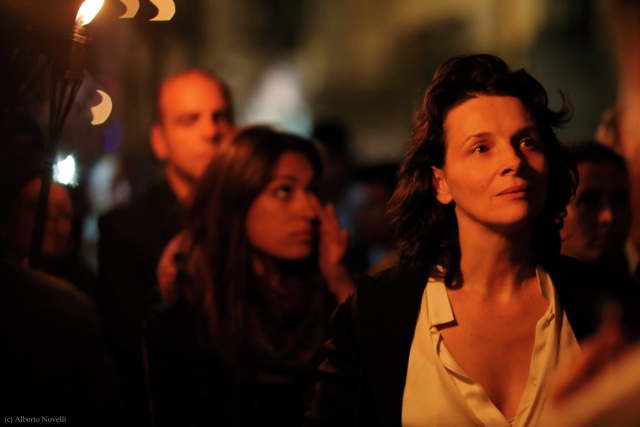
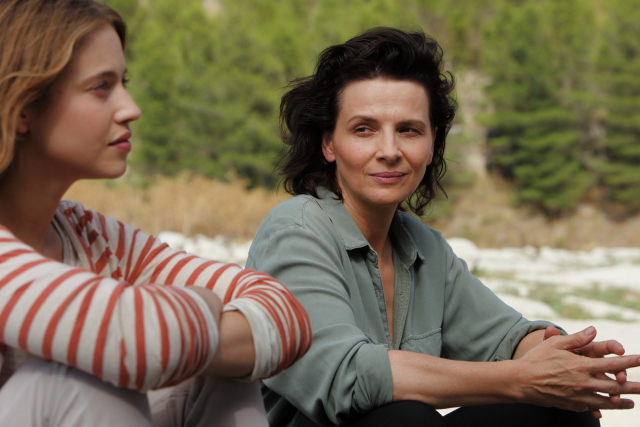

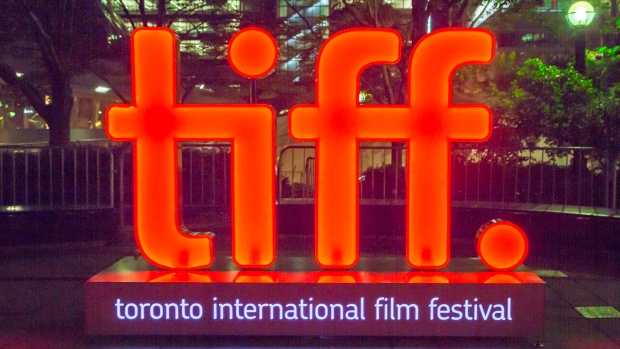
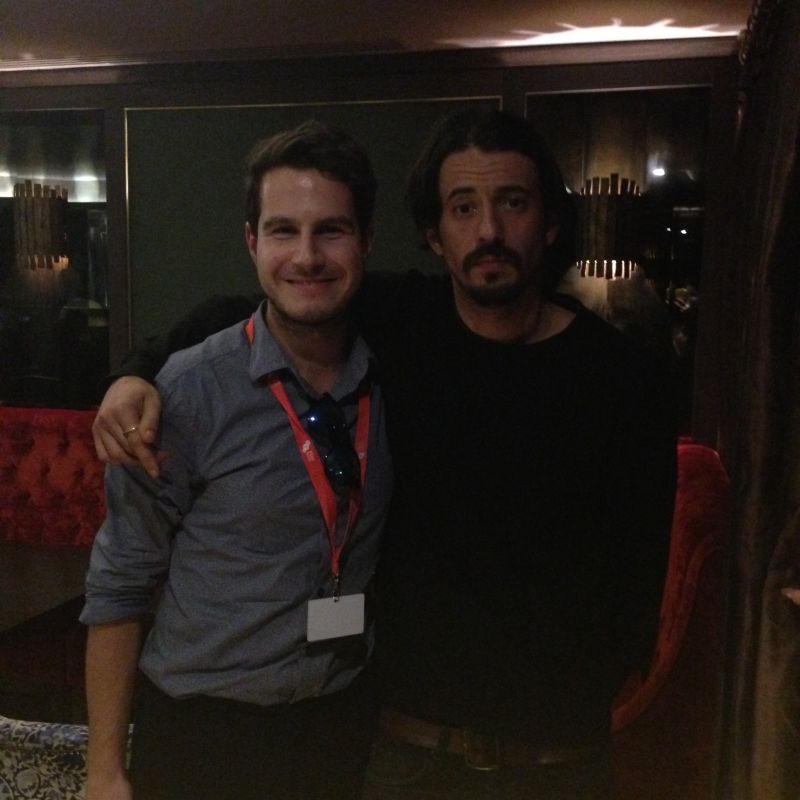
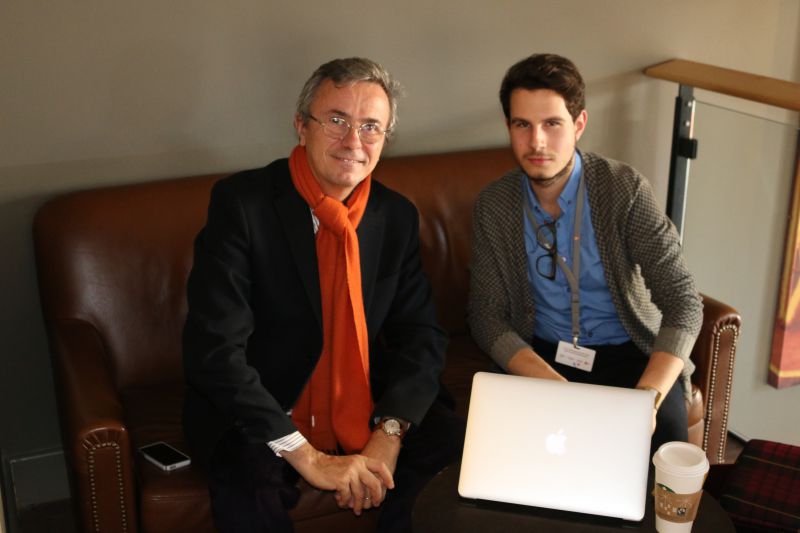
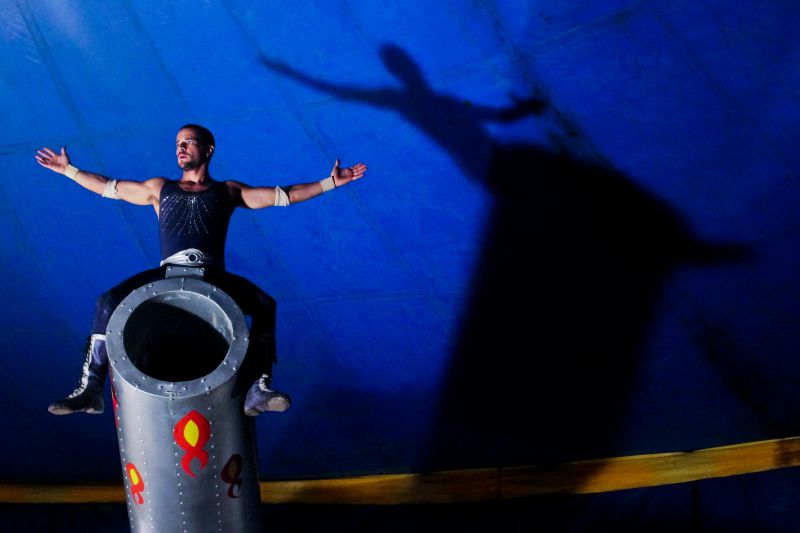
 Petrov Martin
Petrov Martin 


